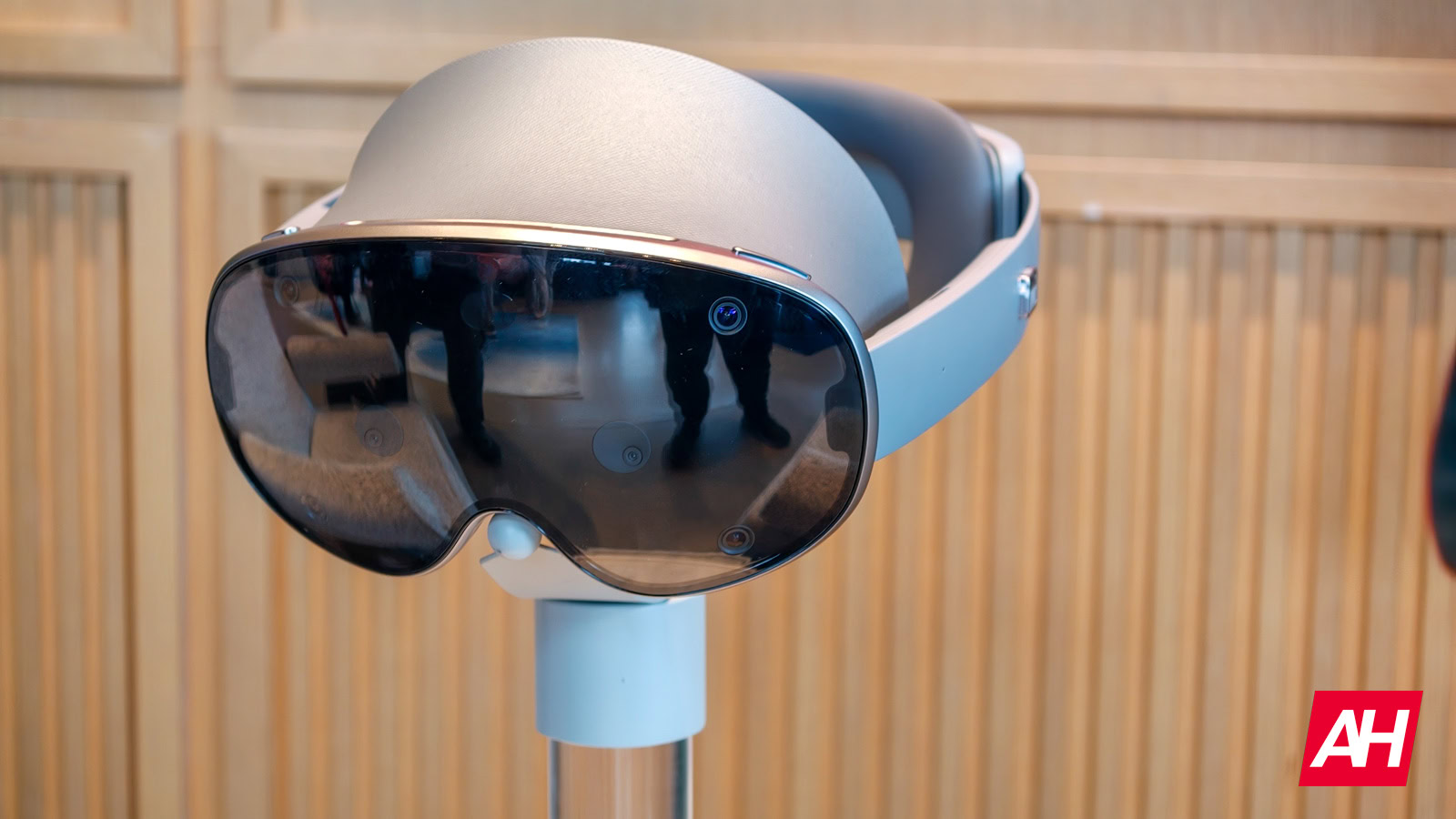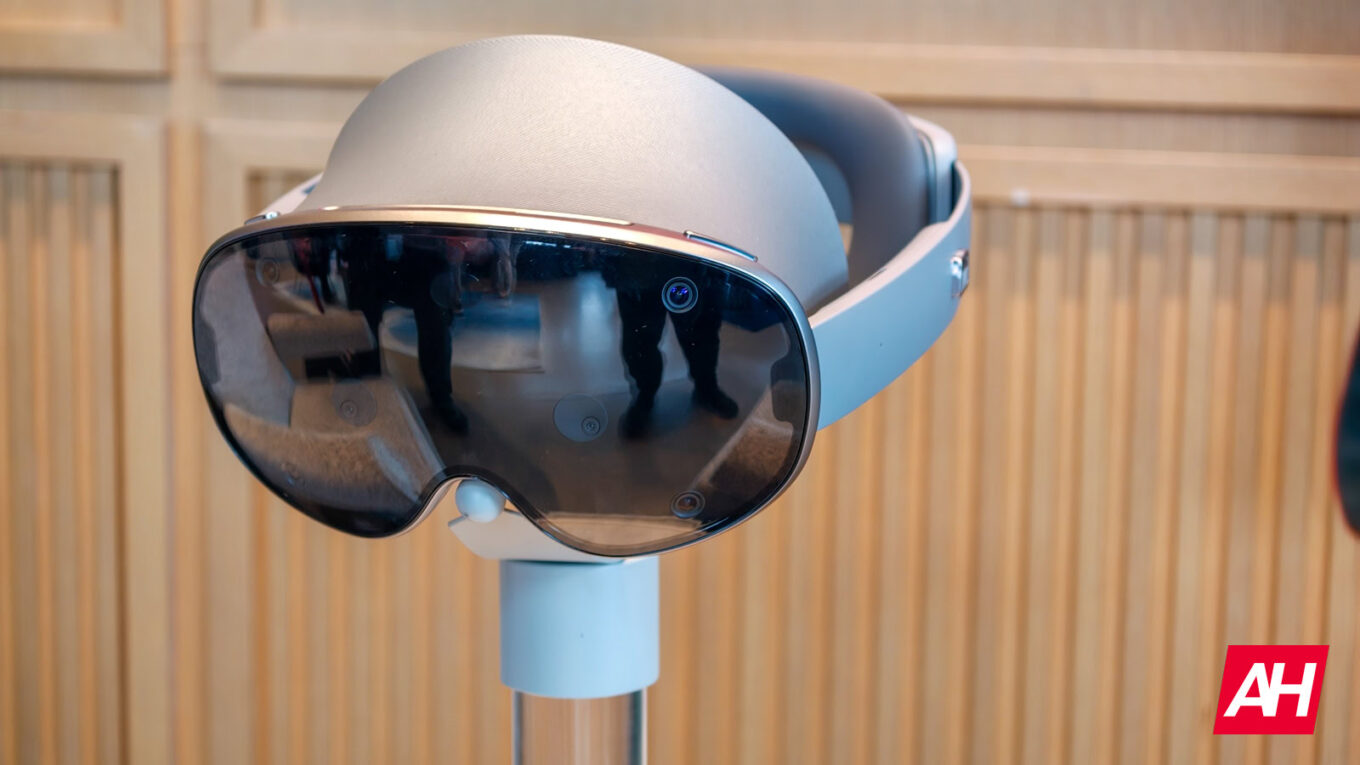Samsung will officially debut its long-awaited Galaxy XR headset on October 21. While the virtual event is still days away, an essential element of the device’s success has already emerged. It appears that the device’s ecosystem software is ready. More specifically, there are already apps listed in the Play Store with the “XR” label, a move prior to the announcement of the Android XR-powered Samsung Galaxy headset.
Android XR is ready: Early apps confirm Galaxy AI headset ecosystem
Developers and tech enthusiasts, like @WorkaholicDavid on X/Twitter, recently spotted a variety of immersive apps and interactive games optimized for extended reality (XR) environments. These titles are now populating the Google Play Store database. This early listing hints that the headset will hit the market with a decent availability of apps adapted to the Android XR platform. This is essential for consumers to find sufficient reasons to adopt the device right away.
The collaboration between Google and Samsung drives this readiness. Samsung handles the hardware engineering, and Google guarantees access to the vast Android app landscape. This approach immediately gives the Galaxy XR a significant advantage in content volume over proprietary platforms.
Samsung has repeatedly clarified its XR strategy. The company focuses less on isolated novelty and more on practical, real-world applications. They envision seamless virtual collaboration, engaging immersive media experiences, and creative augmented reality (AR) content that works effortlessly across the entire Galaxy ecosystem. The sudden Play Store activity confirms content creators are actively supporting these use cases from day one.
Headset deeply powered by AI
The real differentiator for the Galaxy XR, however, is its dependence on artificial intelligence. The well-known Galaxy AI suite of features sits at the core of the platform. It handles complex tasks like multimodal perception and real-time scene understanding, which powers intuitive spatial interaction. This AI works in tandem with Google’s powerful Gemini models and Qualcomm’s specialized Snapdragon XR processors. Together, they promise a truly context-aware experience. Instead of users simply viewing apps on a screen, the device may actively understand and adapt to its physical environment.
In essence, Samsung will present its headset as an intelligent, integrated piece of the Android ecosystem. With content already seeded and a strong focus on AI-driven utility, the company seems ready to mount a significant challenge in the spatial computing space. Samsung may appeal to a mass market by using a more accessible price point. For potential buyers, the pre-launch app readiness will allow immediate and practical use.
The post Samsung Galaxy XR Headset First Apps Spotted in Play Store appeared first on Android Headlines.

Source: ndroidheadlines.com
